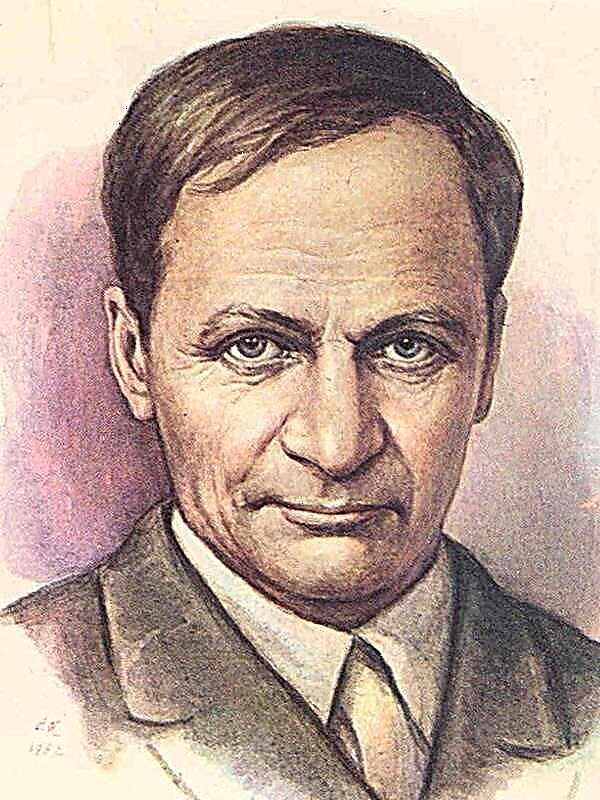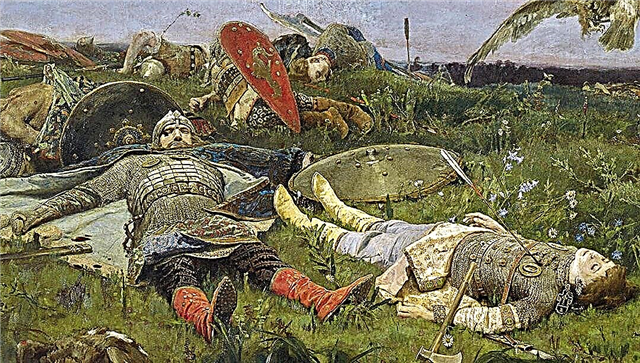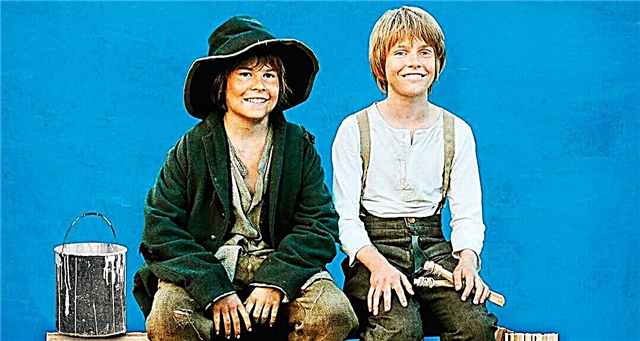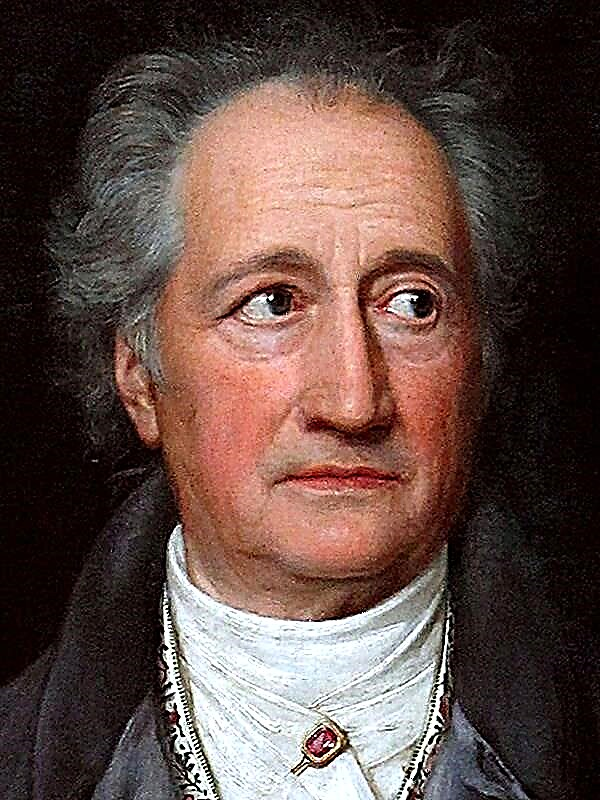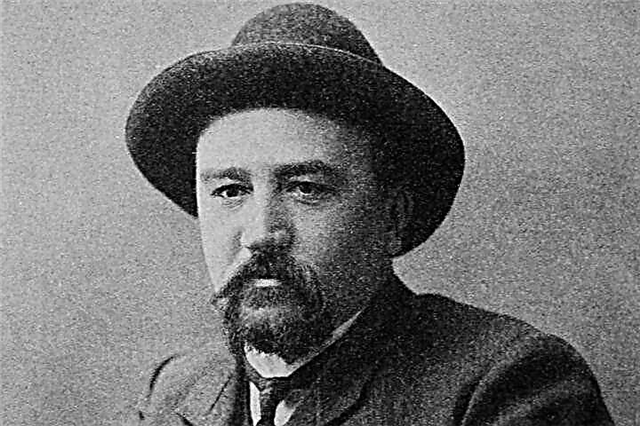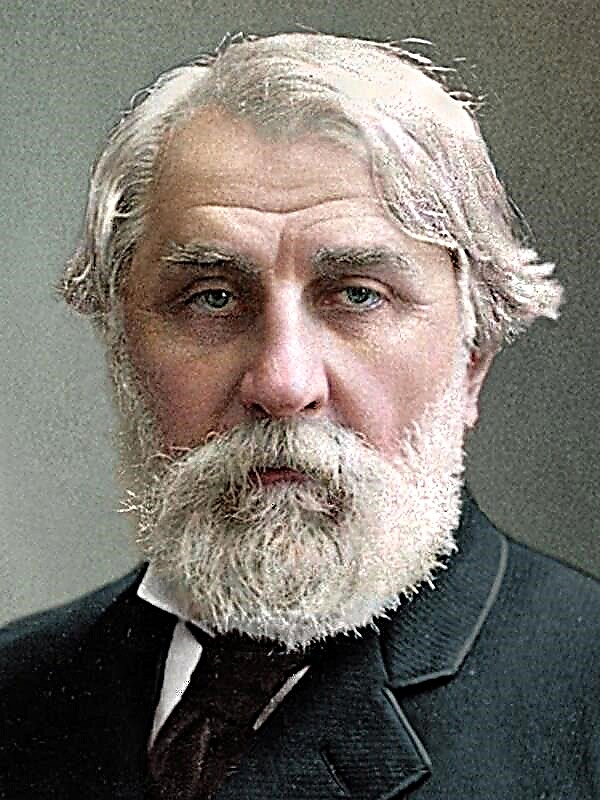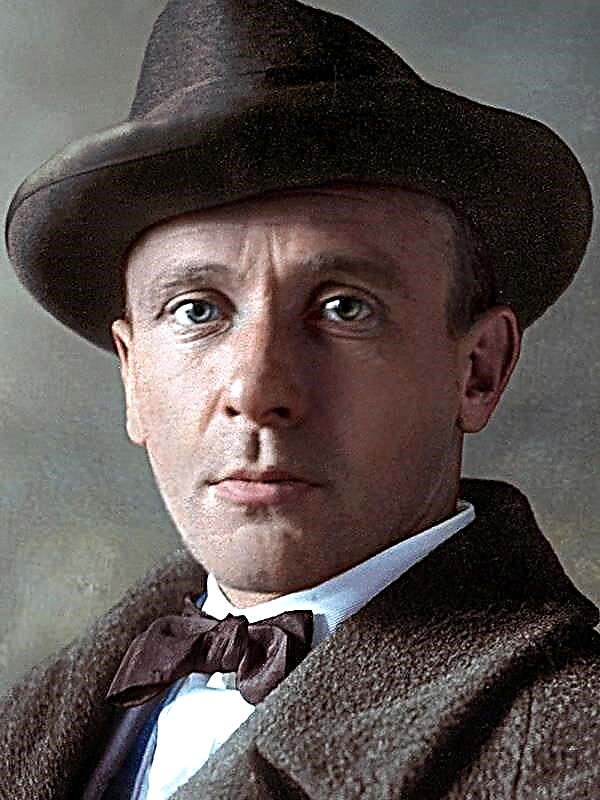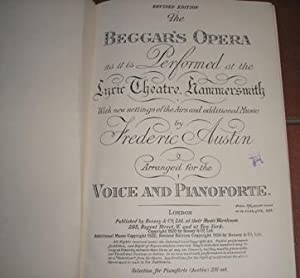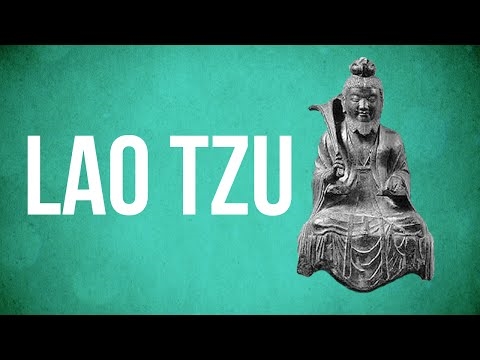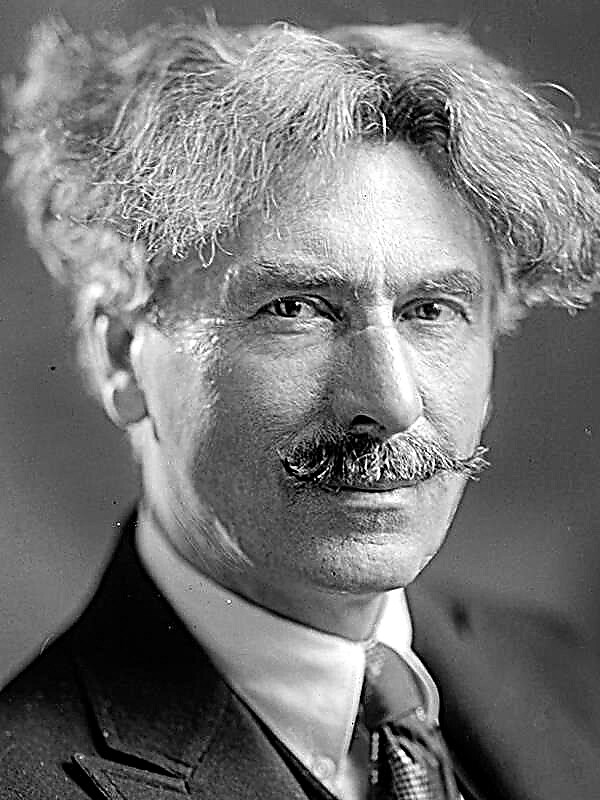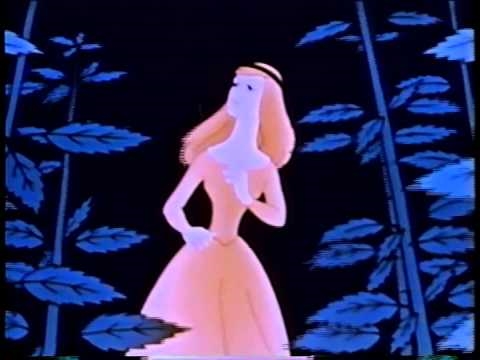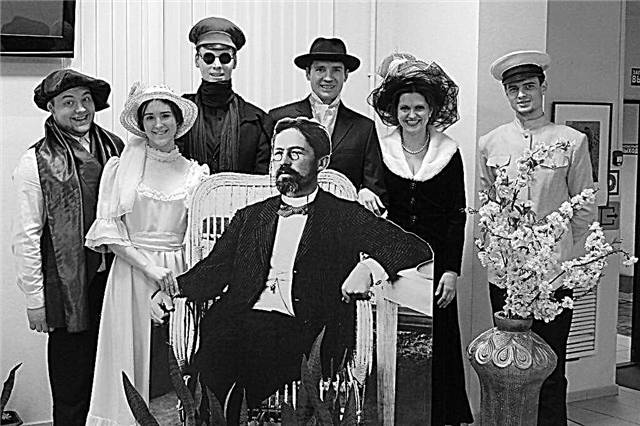The action of the "story" (the author calls the "Gypsy") takes place in Moscow.
In the early summer morning drunk guests disperse. The owner, Eletsky, with a "gluttonous eye" looks around the traces of "rampant revelry" in his once magnificent, but neglected nobleman's house. Having opened the window, Yeletskaya “with spiritual enmity” looks at the “magnificent capital” rising from sleep; everything in his life is connected with Moscow, but he is more alien to her than anyone else.
Eletsky was orphaned in his youth. Secular life soon seemed to him boring and stupid, and he "lived in the open" "between buoyan and hang." In the revelry of Eletsky there was more of a "riot of thought" than of heart depravity; the sooner he restored general opinion against himself.
Having scrambled abroad, Eletsky settled in Moscow and took a gypsy to his house; this completely destroyed his connection with the light.
Once, during holy week, on festivities near Novinsky (a detailed description of the fair follows), Yeletskaya meets a beautiful and chaste girl, and she reminded him of the “vision” of “his picky spring.” Eletsky learns that she is a girl from a society prejudiced against him.
Not introducing himself to Vera, Yeletskaya, “having loved his suffering”, he constantly tries to see her - on walks and in the theater. On Tversky Boulevard, he picks up a glove dropped by her, alarmed the girl’s imagination. But "doubtful happiness / Instant, poor of these meetings" is interrupted by autumn bad weather and winter.
Faith should be in one famous masquerade, where Eletskaya is going with hope. The guests are "tormented by the demon of hoaxes", but no one but Yeletsky has the imagination for hoaxes: Eletska intrigues Vera, having managed to find out about her the little things "in which the fateful secrets / Maidens see young." In conversation with Vera, Yelets calls himself the “spirit” that always accompanies Faith, and recalls that summer evening on Tverskoy when dusk allowed him to take on the image of a mortal. Already leaving the hall, Yeletskaya, obeying the insistent request of Vera, takes off her mask. At that moment, a “different face” appears on the ball, angrily sparkling with eyes and threatening Vera.
The next morning, Yeletskaya was unusually restless and joyful. Suddenly he notices the longing and anger of his girlfriend, the gypsy Sarah, and asks about the reason. Sarah declares that she knows about Eletsky’s love for the “noble young lady”, reproaches Eletsky. Yeletskaya reminds her that when they converged, they promised not to constrain each other’s freedom, Sarah complains about the fate of the gypsies: “We are born to insult! Yeletskaya is trying to console her: he, rejected by the light, in this himself resembles a gypsy, and the more solid is his connection with Sarah.
Meanwhile, relations with Sarah have long ceased to satisfy Eletsky: she is bored in conversations with him, yawns, interrupts Eletsky with an “outside joke,” etc. However, the gypsy still understands the “unintelligible speeches” of Eletsky, the language of “educated feelings”. their "voice", "vaguely touched" by them and becomes attached to Eletsky more and more - while he grows cooler to her more and more.
Yeletskaya often meets Vera at the balls and soon, encouraged by her attention, she openly tells her about her love. Vera, who saw Sarah at the masquerade, asks Yeletsky about her. Yeletskaya explains to Vera her rapprochement with the gypsy as a mistake: "I was not friendly with her! / I don’t need her for my soul, - / I need another for mine."
Faith does not answer anything to Yeletsky, but his words are very important to her. Able to strong passions and falling in love for the first time, she is happy with the love of Yeletsky, “safe with her soul” and is unaware of the imminent “death thunderstorm”.
Great Lent is approaching, when Yeletskaya will no longer be able to see Vera in theaters and balls; the thought of the impending separation is difficult for both, although Vera is trying, but to no avail, to hide her feelings. Yeletskaya decides to immediately marry Vera.
To explain, Yeletskaya chooses the time when Vera is left alone at home. The unexpected arrival of the hero scares the girl; she drives him away; he reproaches her with coquetry. This rebuke disarms Faith; she advises Yeletsky to ask her hand from her uncle, who replaced her father. Yeletskaya assures her that a strict old man will not agree to pass her off as a person with such a bad reputation; the only way out is to run and get married without the consent of relatives. Faith cannot decide on this right away; Eletsky assures that separation will kill him, threatens to interrupt his acquaintance with Faith; finally she agrees.
Eletsky returns home cheerful, but at the threshold his mood changes: he remembered Sarah.
He considered everything in advance: in order not to offend Vera with a new meeting with Sarah, he would leave Moscow that night and get married in a distant village. Sarah and her love - "prudent", venal - Yeletsky not sorry. And suddenly, “a rebuke in his life arose” ...
One evening, Sarah is especially bad. An old gypsy brought her a love potion. Yeletskaya comes and tells her that he is getting married, that they should leave today and that he will ensure her future. Sarah answers him with apparent calm, refuses "hateful favors" and asks for the last time to drink for her health. The calm of Sarah pleasantly surprises Eletsky, he is again amiable and cheerful and drinks to the dregs. Sarah becomes more frank: she doubts Eletsky’s happy family life - “You’re worth a decent life” - and finally admits that he hopes to regain his love. Yeletskaya is surprised; the gypsy asks why the bride is better than her, complains that Yeletsky tortured her: “Have you got such a thing? / Eyes went out of tears; / Face wilted, chest dried up; / I just haven't died!” Then Yeletskaya says that he’s sick - Sarah decides that this is a love potion, triumphs and curses Vera, hugs Yeletsky - and finally notices that he is dead.
Vera waited in vain for Eletsky at night on the street. After that, she left Moscow and returned only two years later, cold to everything; she is either faithful to the memory of the past, indifferent to the present, or repents of her frivolity. Sarah is crazy and lives in a camp; consciousness seems to return to her only when she sings with a gypsy choir.

